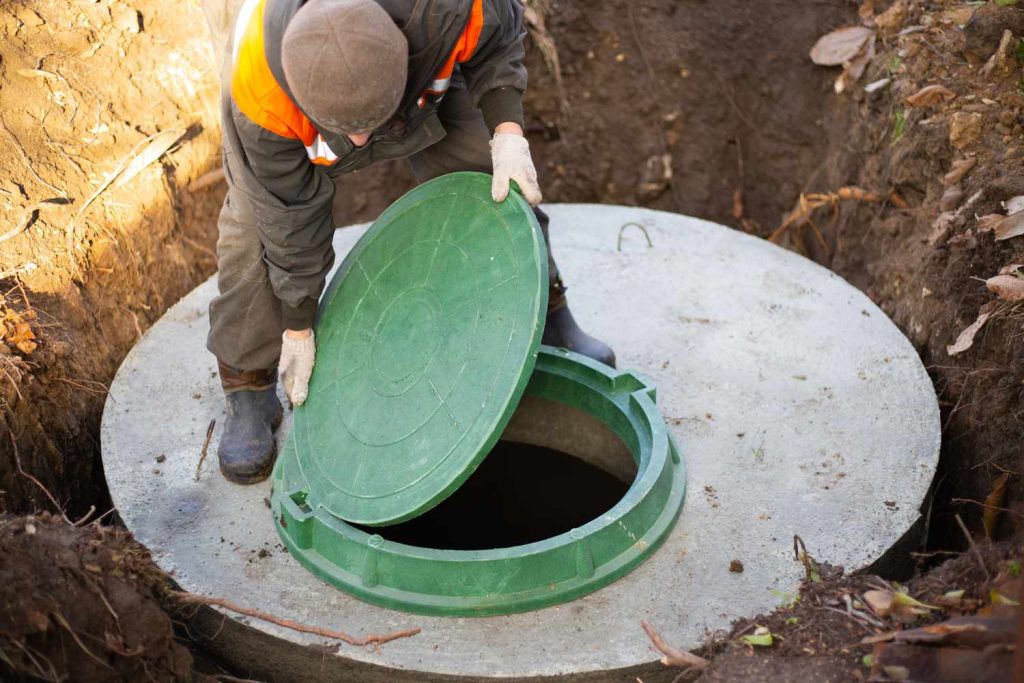
Introduction
Maintaining a healthy septic system is crucial for the well-being of both your property and the environment. Eaton septic tank pumping is an essential aspect of septic system care that plays a pivotal role in preventing mishaps and ensuring the longevity of your system. In this comprehensive guide, we will delve into the significance of septic tank pumping and provide valuable insights into the process for Eaton residents and beyond.
Understanding the Septic System
Before we delve into the specifics of septic tank pumping. It’s essential to grasp the basics of how a septic system operates. A septic system is a self-contained wastewater treatment system often used in areas without access to centralized sewage systems. It consists of three main components: the septic tank, the drainfield, and the soil beneath it.
The septic tank is responsible for separating solid waste from wastewater, allowing the liquids to flow into the drainfield for further treatment by the soil. Solid waste builds up at the bottom of the tank over time. Forming sludge, while lighter materials like grease and oil float to the top, creating a scum layer.
The Importance of Regular Pumping
Septic tank pumping is the process of removing accumulated sludge and scum from the septic tank. Regular pumping is vital to prevent overloading the tank, which can lead to system failure, environmental contamination, and costly repairs. If the tank becomes too full, solid waste can flow into the drainfield. Clogging the soil and reducing its ability to treat wastewater effectively.
Eaton Septic Tank Pumping Frequency
The frequency of septic tanks depends on several factors, including the tank’s size. The number of occupants in the household, and the volume of wastewater generated. On average, a household with a standard-size septic tank should consider pumping every 3 to 5 years. However, larger households or those with smaller tanks might need more frequent pumping.
Signs That Your Septic Tank Needs Pumping
While a regular pumping schedule is recommended. It’s essential to be vigilant for signs that your septic tank might need immediate attention. Some common indicators include:
Slow Drains: If your sinks, showers, and toilets are draining slowly, it might be a sign that your septic tank is approaching its capacity.
Foul Odors: A strong sewage smell in your yard or around your home could signify a full septic tank.
Pooling Water: If you notice water pooling in your yard, especially near the septic tank or drainfield, it could indicate a problem with your system.
Lush Grass: While it might seem counterintuitive, an area of your yard with unexpectedly lush grass might be receiving an influx of nutrient-rich wastewater due to a septic system issue.
The Septic Tank Pumping Process
Professional septic tank pumping is a meticulous process that involves several steps:
Locating the Tank: The first step is to locate your septic tank accurately. This might require professional assistance, as the tank’s exact location might not always be obvious.
Inspecting the Tank: Before pumping, the technician will inspect the tank for any signs of damage or issues that might need attention.
Pumping the Tank: Using specialized equipment, the technician will pump out the accumulated sludge and scum from the tank. It’s crucial to hire a licensed and experienced professional for this task to ensure it’s done correctly.
Proper Disposal: The removed waste is transported to a licensed disposal facility, where it is properly treated and disposed of according to regulations.
Inspecting the Drainfield: After pumping, the technician might inspect the drainfield to ensure it’s functioning correctly and there are no clogs or issues.
Conclusion
Septic tank pumping is a vital maintenance task that should never be overlooked. Regular pumping not only prevents septic system mishaps but also promotes the longevity of your system and protects the environment. If you’re an Eaton resident or a homeowner with a septic system, be sure to stay vigilant for signs of a full tank and adhere to a regular pumping schedule.